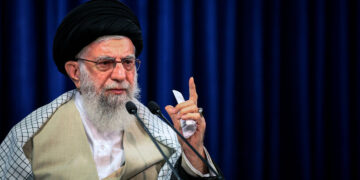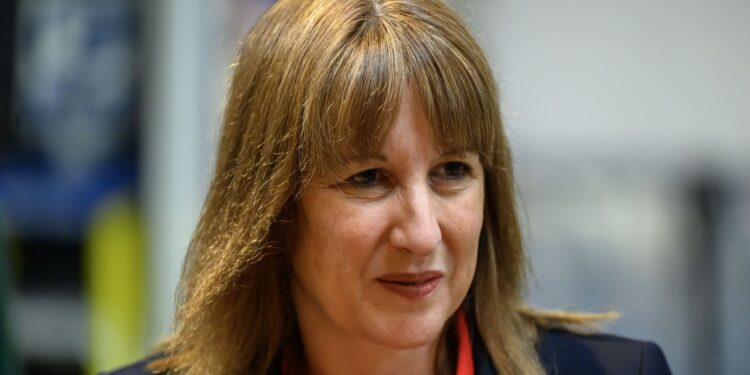Labour Shadow Chancellor Rachel Reeves has sent shockwaves through the political landscape with her recent signals that she is prepared to break her manifesto tax pledges. In a move that has surprised many, Reeves has hinted at potentially lifting the highly controversial two-child benefit cap, a policy that has faced widespread criticism since its implementation.
The two-child benefit cap, introduced by the Conservative government in 2017, limits the amount of support that families can receive through benefits such as Universal Credit. Critics argue that this policy disproportionately affects low-income families and places additional financial strain on those who are already struggling to make ends meet. By indicating that she may be willing to lift this cap, Reeves is positioning herself as a champion for those who have been adversely affected by this policy.
Reeves’ decision to potentially break her tax pledges is significant because it demonstrates a willingness to prioritize the needs of vulnerable families over strict adherence to party promises. This shift in approach could signal a new direction for Labour under Reeves’ leadership, one that is focused on addressing social inequalities and supporting those who are most in need.
However, the decision to break tax pledges is not without its risks. Reeves may face backlash from within her own party and from political opponents who argue that fiscal responsibility should take precedence over social welfare initiatives. It remains to be seen how Reeves will navigate these challenges and whether her decision will ultimately benefit the families who stand to gain the most from a lift on the two-child benefit cap.
Overall, Rachel Reeves’ signals that she is willing to break tax pledges and potentially lift the two-child benefit cap mark a significant shift in Labour’s approach to social welfare policy. Whether this decision will lead to positive outcomes for vulnerable families remains to be seen, but it is clear that Reeves is willing to take bold steps to address the inequalities that exist within the current benefit system.





























































